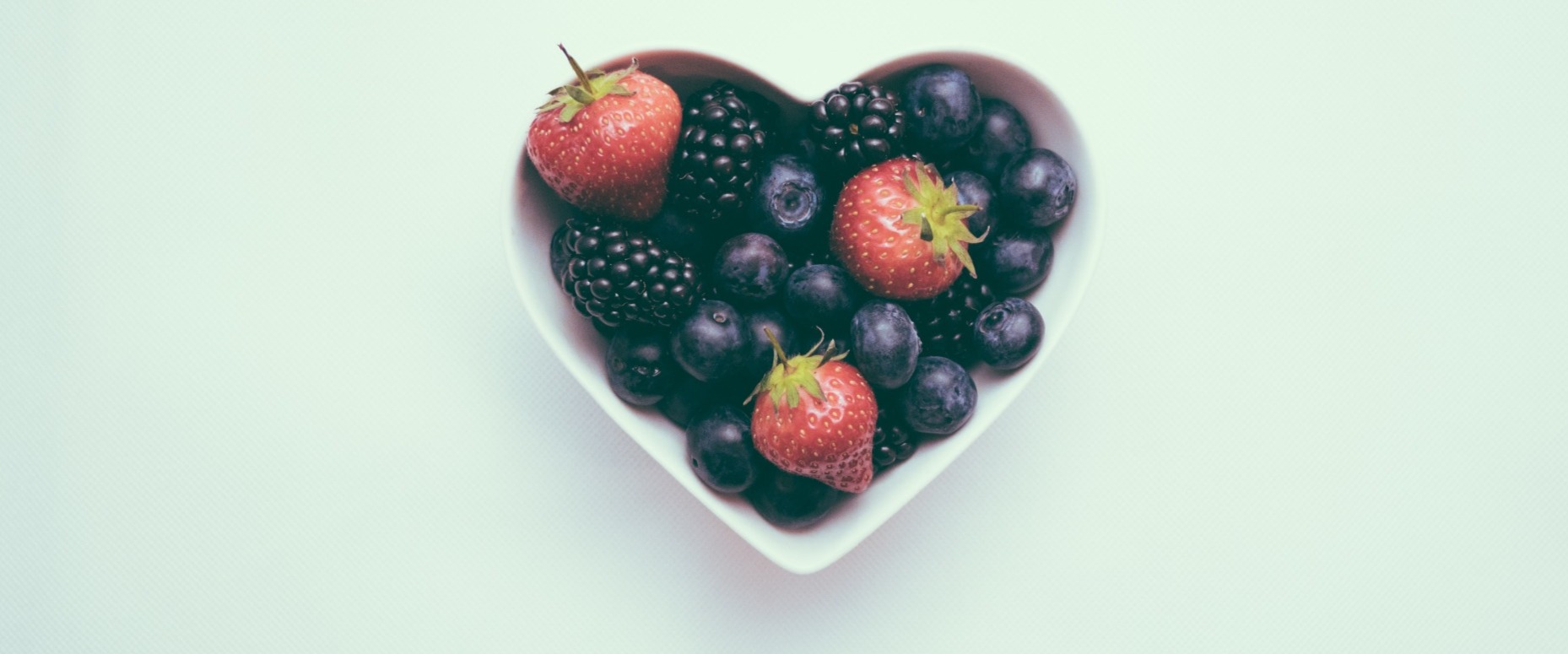Happy Healthy Heart Day
Posted on 14th February 2023 at 16:35
Why you should replace low-fat with healthy fats, fruit and veg

It’s Valentine’s Day so there is only one topic for the blog and that’s heart health - something we are all aware of as we age. The focus on cholesterol over the past 60 or so years has somewhat confused the picture as to how we should look after out hearts and I am very mindful of the number of clients that come to my practice still believing that low-fat foods are a healthy option.
The low-fat food industry is now huge and ‘big brand’ marketing is very powerful but the tide is beginning to turn based on up-to-date research that debunks the myth of high cholesterol being the main culprit responsible for the increase in heart disease in the industrialised world.
We have become scared of fat, scared that it makes us fat and scared that heart disease will result. Whilst this is true of highly processed foods (including and in particular those that are marketed as low-fat), natural fats are essential for maintaining and promoting good health. Low-fat food options are often high in table salt, sugar or a sugar substitute such as sucralose, and in rapeseed oil that is ubiquitous in the modern diet. All of these ingredients are questionable but it’s the overall message that is muddled – processed foods are bad for our health, period, and any illusion of benefit or protection from them will be damaging in the long term.
We need natural fats for many reasons. For example, the fat soluble vitamins A, D, E & K absorb best when taken with higher fat foods. Each of these vitamins promotes a different function within the body and once absorbed they are stored in fatty tissue, and the liver, to be used as and when required. If our fat cells are scarce then that storage is hampered and if the cell membranes are unhealthy due to a lack of fat, they do not allow nutrients in and toxins out. The resultant stagnation that ensues increases inflammation in the body leading to different and varied disease processes. All of the body’s cells and the mitochondria within them have a fat component that relies on healthy fats from the diet to work efficiently. Mitochondria produce the energy we need to function on a daily basis and for exercise which promotes heart and health benefits.
Good sources of dietary fats include nuts (unprocessed and unsalted unless you are salting your own), avocados, olives, oily fish, eggs, extra virgin olive oil, butter and coconut oil. 70%+ cocoa solids chocolate is also classed as a healthy fat as is cheese for those who digest it well and unprocessed high quality meats. Eating a wide variety of different unprocessed foods will ensure that you get enough good fat in your diet.
But here’s the thing, all body processes including those of the mitochondria produce waste bi-products in the form of oxidation and it is the phytonutrients in fresh fruit and vegetables that mop this up. You cannot have a healthy diet or a healthy heart without including a variety of these every day along with your good fats. Check out my 50 foods in a week resource to help you increase your intake.
Tagged as: Healthy fats, Heart health
Share this post:





